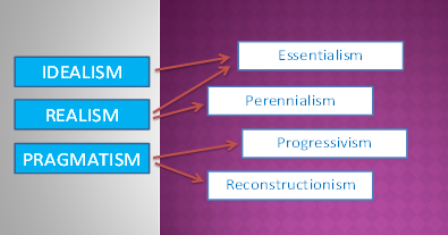Michael Hand, Richard Bailey

Virtually anybody can philosophize with no formal training or experience. Nancy Cartwright’s important current work on causation, evidence, and evidence-based coverage provides layers of each philosophical sophistication and real world practical evaluation to the central points simply mentioned (Cartwright & Hardie 2012, Cartwright 2013; cf. Kvernbekk 2015 for an summary of the controversies regarding evidence in the training and philosophy of training literatures).
However, within the twentieth century philosophy of education tended to be developed in faculties of training in the context of what’s referred to as foundations of training, thus linking it with other elements of the discipline of schooling-academic history, psychology, and sociology-rather than with different elements of philosophy.
The Oxford Handbook of Philosophy of Education (Siegel 2009) incorporates a similarly broad vary of articles on (among different issues) the epistemic and moral aims of training, liberal education and its imminent demise, considering and reasoning, fallibilism and fallibility, indoctrination, authenticity, the development of rationality, Socratic teaching, educating the imagination, caring and empathy in ethical training, the limits of ethical training, the cultivation of character, values training, curriculum and the value of information, training and democracy, artwork and education, science education and non secular toleration, constructivism and scientific methods, …